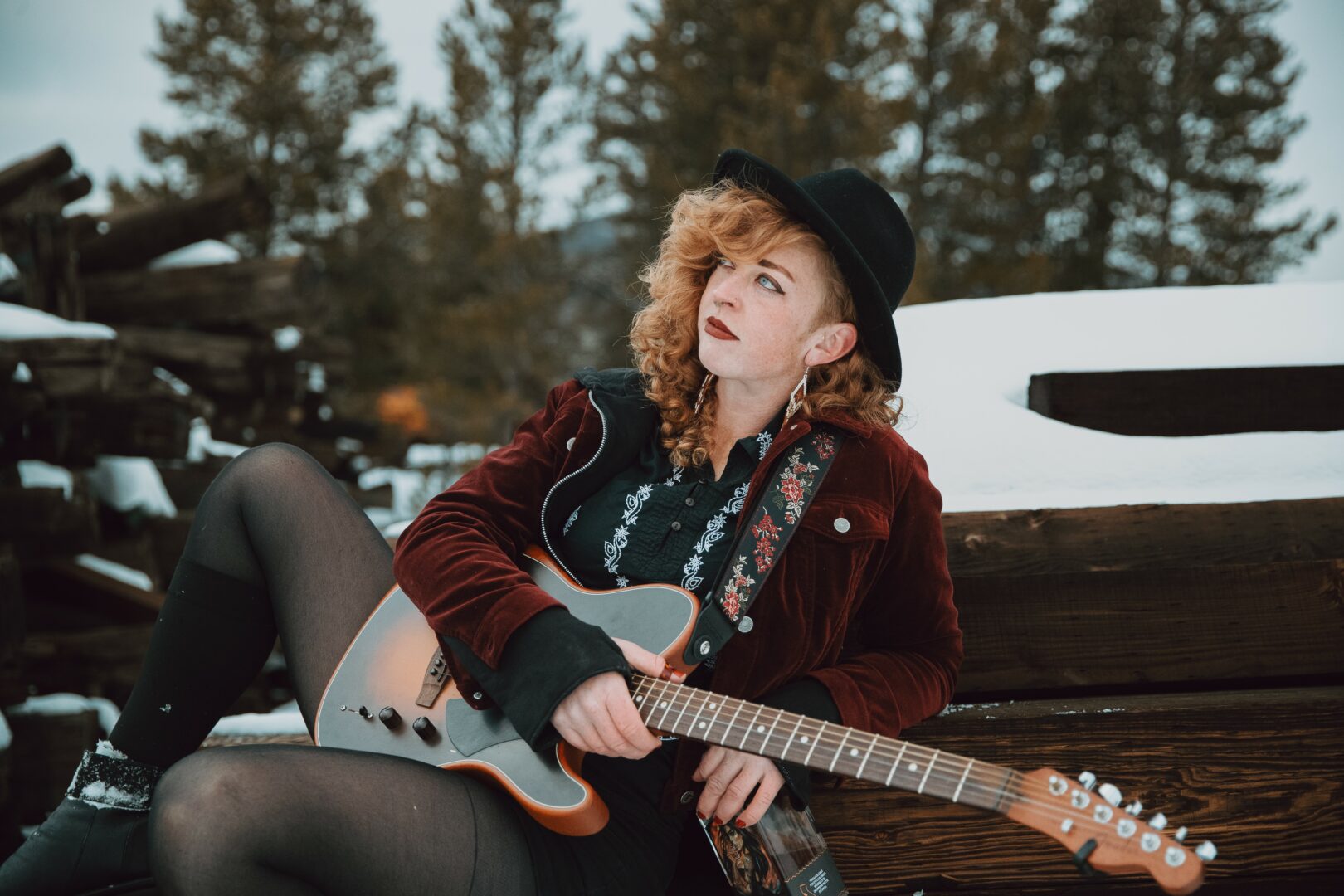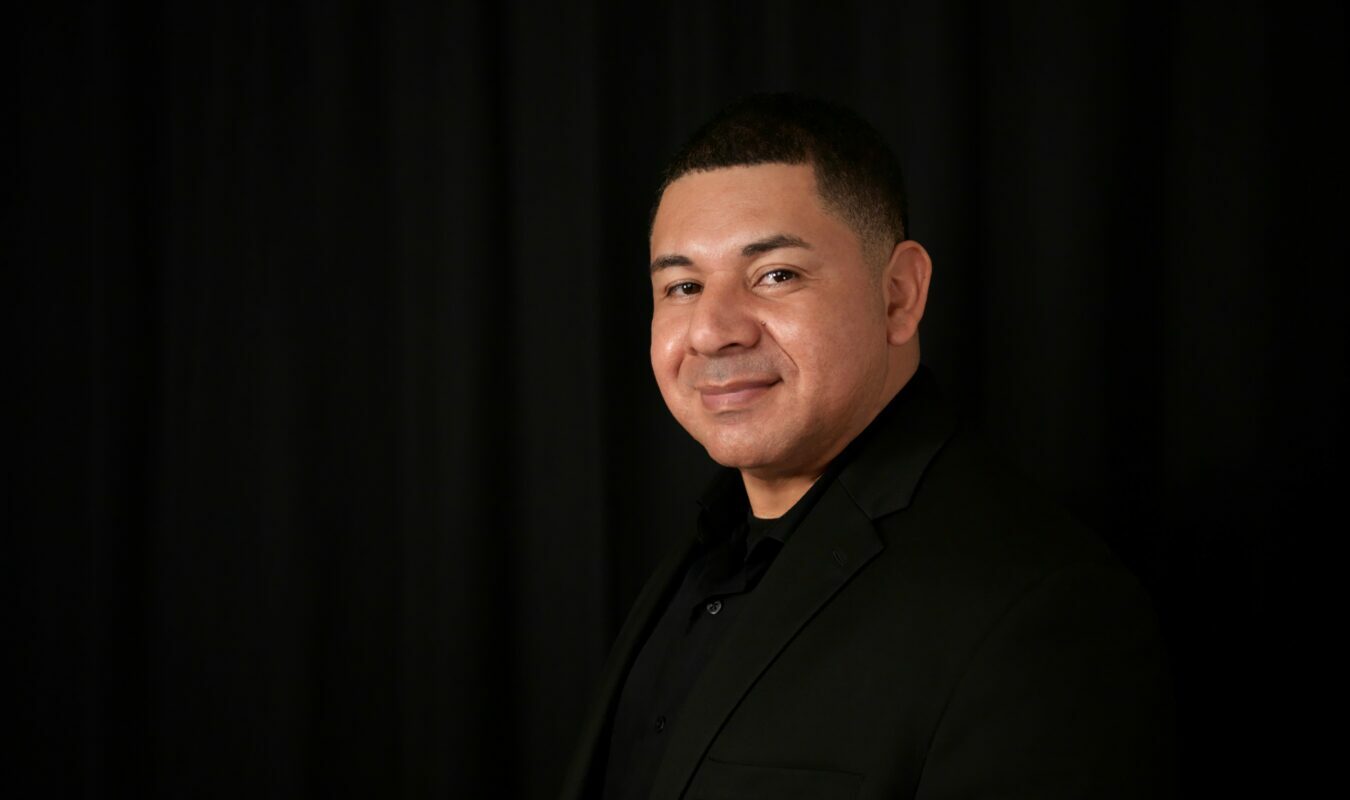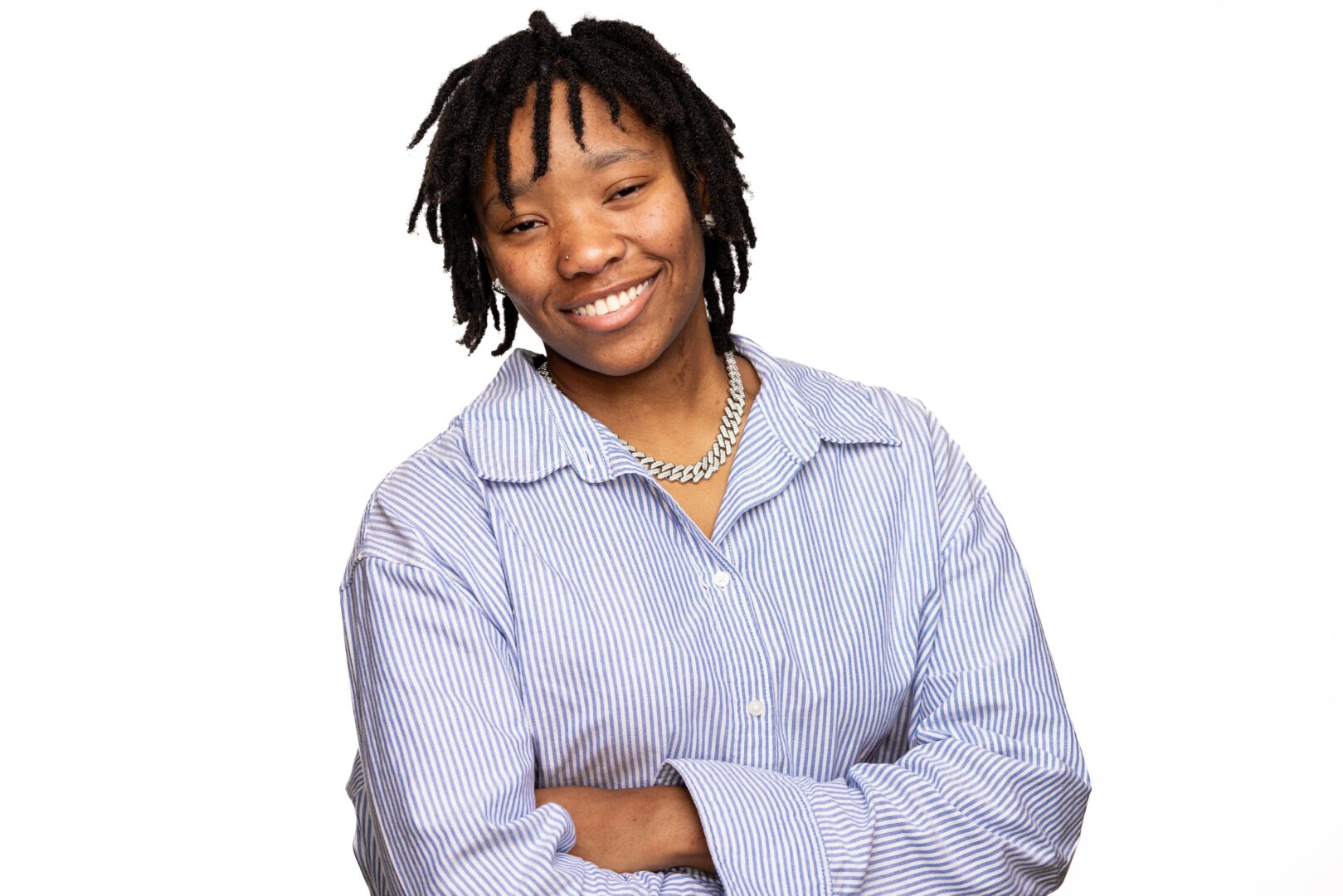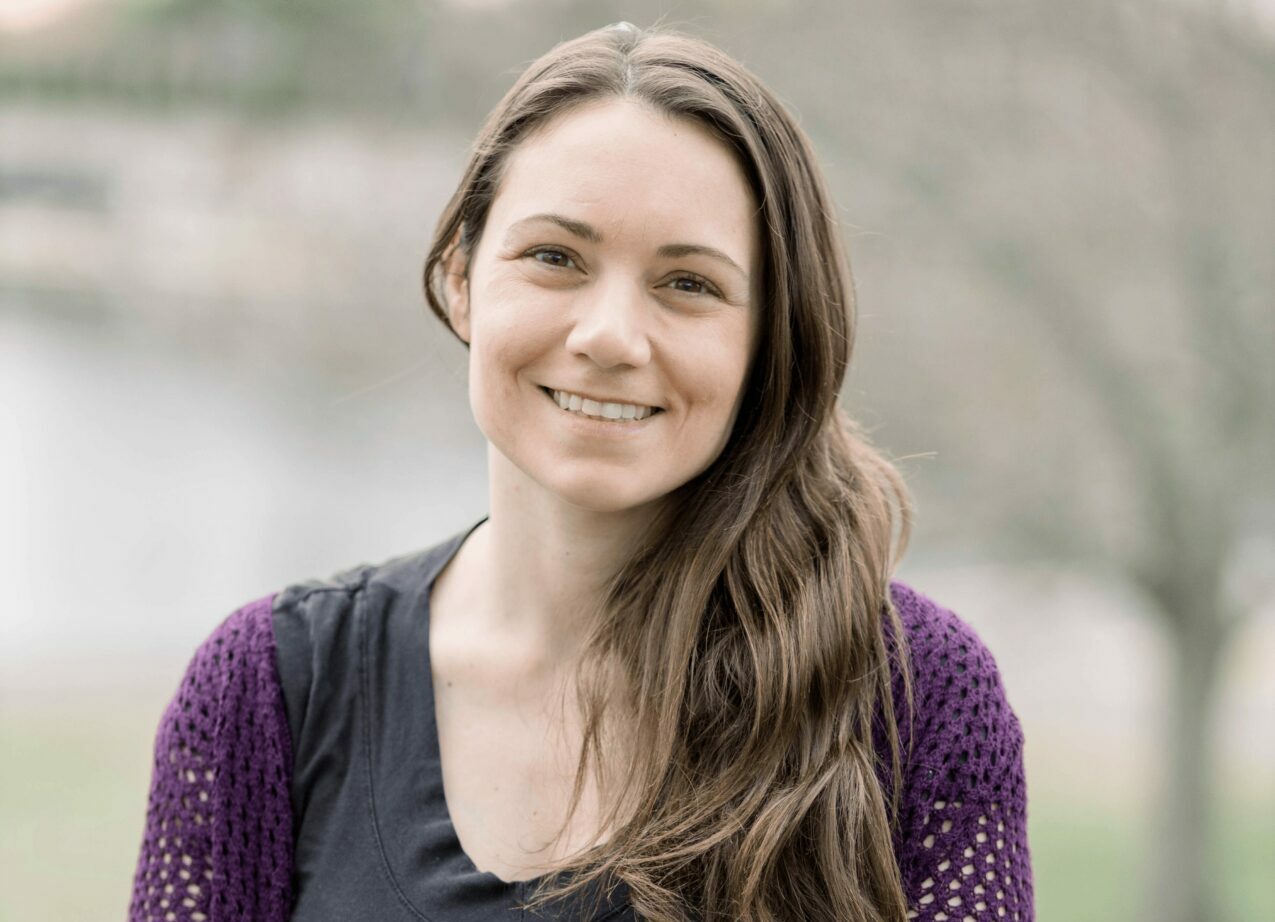We’re looking forward to introducing you to Jillian Goodman. Check out our conversation below.
Good morning Jillian, it’s such a great way to kick off the day – I think our readers will love hearing your stories, experiences and about how you think about life and work. Let’s jump right in? Have any recent moments made you laugh or feel proud?
Recently I had a moment that really made me feel proud while performing at the Keystone Mountain Town Food Festival. I played a 90-minute set with Diego Espinosa (guitar), Augusto Doglione (bass), & Santi Doglione (drums) all from Los Hermanos Latin Funk, and Brent Gordon (saxophone).
What made me proud was being able to do an entire set, all but one, of original songs. Music has always been about connection for me — when you lock into a song with other musicians and the audience, nothing else matters in that moment. That day I really felt connected to the audience, to the band, and to the music. We only did one cover — ‘A Change is Gonna Come’ by Sam Cooke — because of its relevance and meaning, but everything else was original.
Staying true to our own sound felt fulfilling, and it made this festival performance even more rewarding. I was proud that I trusted myself and created a set that felt authentic. I was even more proud to be able to share that with an audience, and that there was a band with me who believes in the music we create. Lately I’ve been spending a lot more time writing. I have so many unfinished songs to get to. I’ve jotted them down and have been working in alphabetical order off a Google Drive spreadsheet, playing the ones I’ve finished in the last few weeks at solo sets to try them out. Now I just have to show them to others who can brighten them up and add some flavor.
Can you briefly introduce yourself and share what makes you or your brand unique?
Hi! I’m Jill, bandleader of The J. Goods Experience. I’ve been performing professionally for about 10 years, though my musical journey started much earlier. As a kid, I sang in church choirs and school plays, and also took flute and piano lessons. I remember writing a song on piano about circus clowns—which I realised just this year that it mimicked the horn line from Django Reinhardt’s “Brazil”. My sister hated it because I played it endlessly, but I was the loud and persistent younger sibling (stress on the word persistent).
Music runs in my family—my grandfather, whom I never met, was an opera singer, and my uncle was a drummer who resurfaced in my 20’s after disappearing for over a decade. Growing up, I wasn’t actually close to anyone who turned music into a career. I had a great uncle who we would visit in Virginia who had a ukulele and some other instruments. I remember going there and spending most of my time in the music room, and specifically learning the song “Edelweiss”. As a kid I wanted to be a musician, but I often felt embarrassed to express that because I didn’t feel encouraged past it being a hobby. I went to Cab Calloway School of the Arts for high school where I studied visual art. I drew for multiple hours a day, every day. I remember wanting to switch to being a vocal major, but when I tried to switch as a senior, my art teacher told me I shouldn’t because I was such a good visual artist. I ended up staying put. I don’t totally regret not changing my major because now I draw my album covers and design flyers with the photoshop experience I got out of it. It wasn’t until college karaoke nights that I began to build real confidence on stage, singing songs I actually loved rather than ones I was assigned. Maybe that sounds funny, but the songs I’d performed on stage prior to this weren’t songs I particularly wanted to sing. That makes all the difference for me. I remember befriending some people who had studios around this time. They would record and play music for fun, and I would go to sometimes participate or sometimes just to be in the environment. I loved being surrounded by musically creative people, and I do feel like a lot of my musical creativity had been stunted for a while. It’s impossible to please everyone and some feedback is unsolicited. Sometimes you only hear criticism because of someone else’s self-hatred, but it will only make any kind of impact if you have insecurities surrounding that criticism. I’ve learned to be selective about the criticism I let through, along with advice and praise. If someone else tried and failed at something, their expectations of themselves can be projected onto you. When someone who is an accomplished musician tells you that you got something special, it puts the criticism to rest, but that won’t always happen from a compliment from a stranger. At some point you learn how to just roll with it. It doesn’t matter how the rest of the world sees you if you’re passionate and secure with what you’re doing. Not everyone is comfortable with the unfamiliar, but art that is unfamiliar or shocking can make a lasting impact. So, to sum that up, do you and keep creating even if you’re feeling discouraged. To this day, I’m still loud and persistent.
In my 20’s I left Delaware and began working seasonal jobs around the U.S. — Yellowstone, Alaska, Colorado — and everywhere I went, music followed. In New Orleans I was inspired by buskers, which pushed me to pick up the guitar and start writing my own songs. I took a leap and moved to New Orleans to live in a van and learn guitar on the street. I wanted to be immersed in a musical culture. It was not easy living in a van in an unfamiliar city. I’d never even lived in a city before, but it was one of the best decisions I’ve ever made.
Over the years I’ve played in different places – from busking in New Orleans, Alaska, Canada, South America, Mexico, and Europe – and I learned that collaboration is about more than just the sound. The right people and energy matter just as much. That’s what makes The J. Goods Experience special. It’s a project built around connection, blending genres like jazz, funk, blues, and Latin influences to create music that feels alive and takes the audience on a journey. For me, it’s about telling real stories and creating moments people can feel. I’ve had my music described as “danceable darkness”, which is my favorite short description I’ve ever come across. I’m currently working on a few covers that I really connect with, while also finishing some original songs I’d set aside for a while. I’m planning to record another EP soon — I’m in the process of mapping out the tracks and exploring studio options. Another big goal is finding a manager, since I know organization and business management aren’t my strongest areas, and having that support would let me focus more on the music.
Amazing, so let’s take a moment to go back in time. What part of you has served its purpose and must now be released?
I don’t want to say I’ve let go of my drive, but I’ve definitely learned to chill out. I’ve always been very driven, but not always in a straight line. These days I’m better at knowing my limits—when to say “no,” when not to overcommit, and when I’m just not the right fit for a venue. I’m not good at sucking up or selling out, and I’ve made peace with that. I know myself better. I live with more intention.
I want to perform for the rest of my life, but I don’t want to feel obligated to take every gig. Not every venue is the right fit—and that’s okay. Recently, I finished my firefighter/EMT training and am working on a few certifications before stepping fully into that role. With a schedule of two days on and four days off, it could give me a stable balance between art and service. I also realise that I can’t serenade someone back to life in an emergency. Last year in Guadalajara, I volunteered on an ambulance. My days were split between work and music—one fueled the other—and for the first time I felt that balance.
If I only do music, I burn out. I need something grounding, something that forces me to be fully in the moment. Because the truth is, I can perform a song I’ve sung a thousand times while mentally running through my grocery list. To stay connected, I have to mix it up—learn new songs, write new ones, or find new adventures. Otherwise, in a weird way, I take my music for granted. Maybe it’s one of those “absence makes the heart grow fonder” things for me with music.
Instead of grinding nonstop, I want to focus on curated events where I can create a real experience, not hotel lobbies that tell me I’m “too loud” the second I settle into a groove. I want to record more and play fewer, more intentional shows. Having another career alongside music gives me freedom to keep my art authentic, instead of shaping it into whatever I’m told the world wants to hear. Personally, I don’t want to hear Top 40 covers at a show—unless someone twists them into something that feels original, like different instrumentation or a different swing.
The hustle and persistence served their purpose, but now I’m learning balance. I take days off. I let my brain rest. When I’m back at it, I’m sharper—more present, more creative, and more connected to why I started making music in the first place.
Was there ever a time you almost gave up?
I think there have been turning points where I’ve let go of chasing a specific outcome, but I could never give up playing music itself. My goals aren’t the same as when I first started. Back then, I had an idea of fame in my head, but now it doesn’t appeal to me much. In fact, I often feel uncomfortable when people recognise me from the stage when I don’t know them. I value my privacy, and I don’t want to sacrifice my mental health to endless touring or the pressure of writing a ‘hit’ on demand.
Music will always be there no matter what happens. I have many other passions — traveling, immersing myself in new cultures, community service — and music is something I can share wherever I go. I don’t need a #1 record or a spot playing on a late night show to feel fulfilled. Sure, I’d welcome the opportunity to reach wider platforms, but I also know I can impact someone just as much busking on the sidewalk or in their living room.
Some of the most inspiring musicians I’ve met were busking in New Orleans or playing at small house shows. They weren’t household names, but that doesn’t matter. If someone moves you, they move you. Music is about the moment, shared by everyone present — whether it’s two people listening from their porch while I practice, or a packed room.
I’ve never been good at selling out or pretending to be something I’m not. I’ve tried, and it’s left me deeply dissatisfied. What feels right is staying true to the music and letting it find the people it’s meant to reach. So, I don’t think I’ll ever reach a point where I would “give up” playing music, but I’ve given up on the pressures and expectations I’d originally placed on myself. I’ve given up on the outcome I once wanted, and have embraced the process instead.
I think our readers would appreciate hearing more about your values and what you think matters in life and career, etc. So our next question is along those lines. Is the public version of you the real you?
To the best of my ability, I bring my real self to the public. There have definitely been some shows I’ve committed to which, when the day came, I dreaded being front and center on stage in front of a bunch of people. I curate my setlists so they feel relevant to the moment as I’m experiencing it, and I don’t perform covers I don’t connect with. After a set, it’s not always easy for me to be social. People often say, ‘Just put yourself out there,’ but I’ve done that for so long that it sometimes left me feeling drained, to the point where I didn’t want to be seen at all. Performing when you’re emotionally and socially exhausted is difficult. Balance is key here. You don’t have to give 150% every day when you’re running on fumes.
In many ways, I see myself more as an artist than a performer. I can’t just sing any song and pretend I’m connected to it. I have to reshape cover songs in a way that feels like mine, with a rhythm or swing I can get down with.
I’m also pretty direct. If I don’t like something, I’ll say it. I don’t take it very personally if someone doesn’t like me either. The people who are truly meant to stay in my life will be there for the real me — not for a their romanticised idea of who I am based on my performances. It does take courage to show up in a genuine way. I can’t please everyone and it’s unrealistic to think otherwise.
Okay, we’ve made it essentially to the end. One last question before you go. When do you feel most at peace?
I feel most at peace when I’m writing. If I were to create the setting where I’m fully in my element, it’s when I’m outside on a sunny day, in the shade of a tree, with a guitar, playing with the birds. I say “with” the birds because I like to play along with whatever sounds are happening around me. Another would be if I were writing while camping, on a cool night, with a bonfire and a box of wine. Yes… a box… and I will drink it right from the spout until I get sleepy. These are my most carefree times, alone with nature and no judgment. I love being able to loudly sing whatever lyric or play around with any chord structure without attracting any attention. In those moments I’m not performing, I’m just creating a moment with no pressure or expectations. Those moments are just for me and the birds, and they are special. My best writing comes from these times when I can express and experiment freely. I’m at peace when it’s just me and the unfiltered creative process.
Contact Info:
- Website: https://www.the-goods-experience.com
- Instagram: https://www.instagram.com/the_j.goods_experience
- Facebook: https://www.Facebook.com/the.jgoods.experience
- Youtube: https://www.youtube.com/channel/UCZBTttU0LwG9__Oi-WE6DTA
- Other: Spotify:
https://open.spotify.com/artist/4ipfrAodkub0ppuqcwlvoC
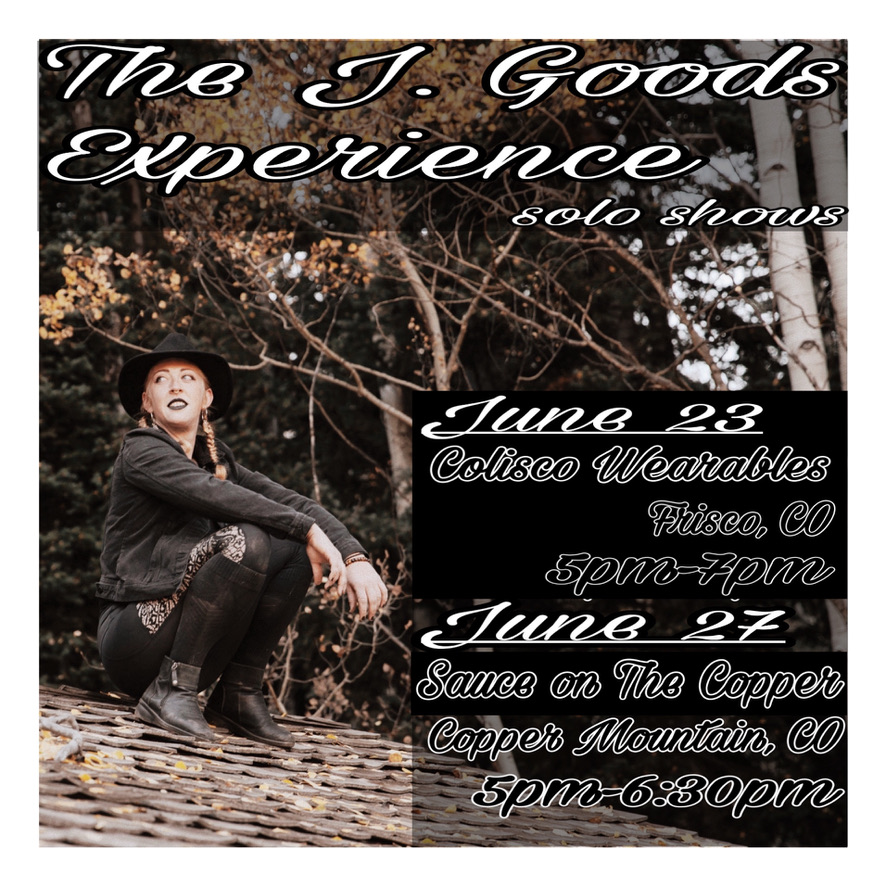
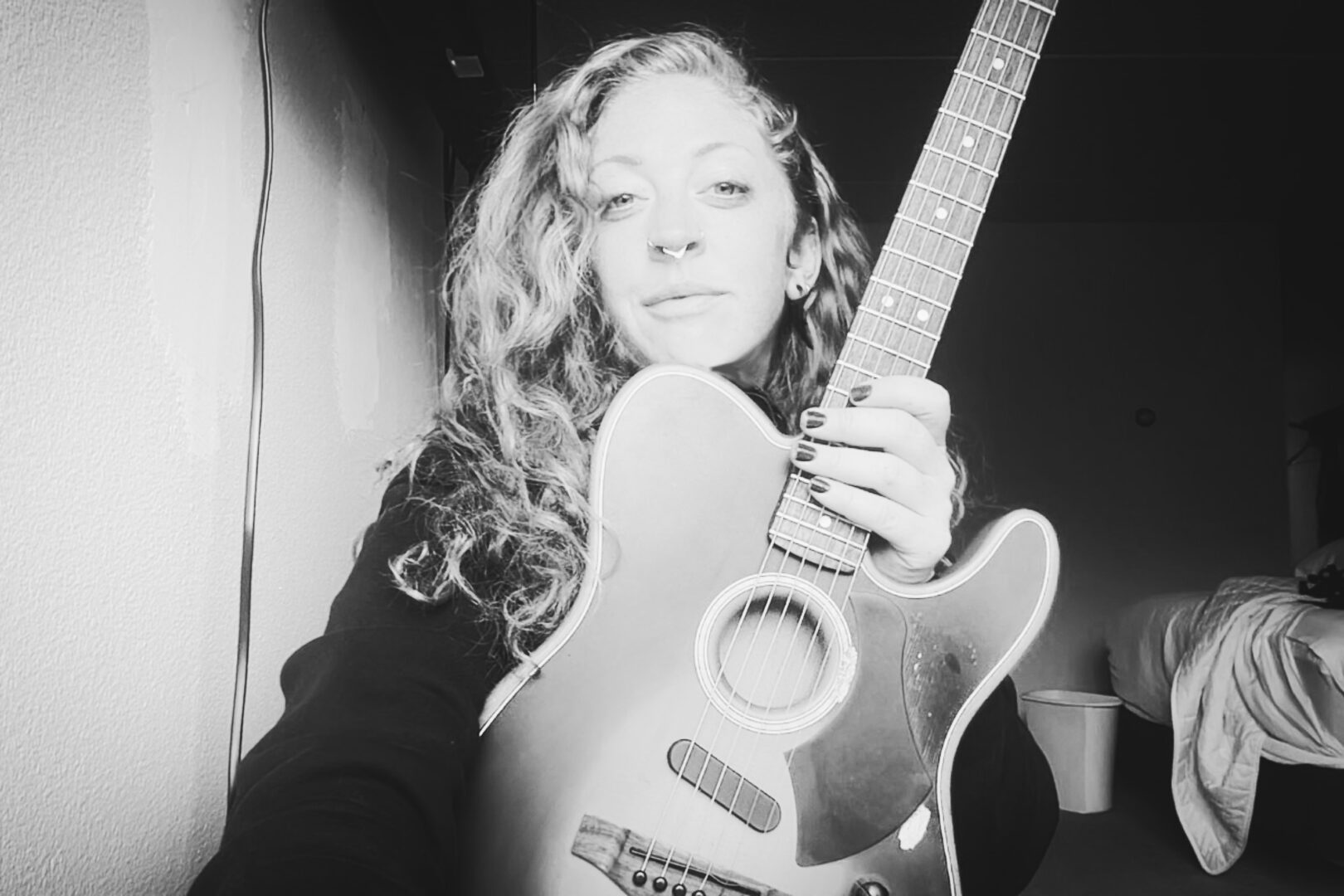
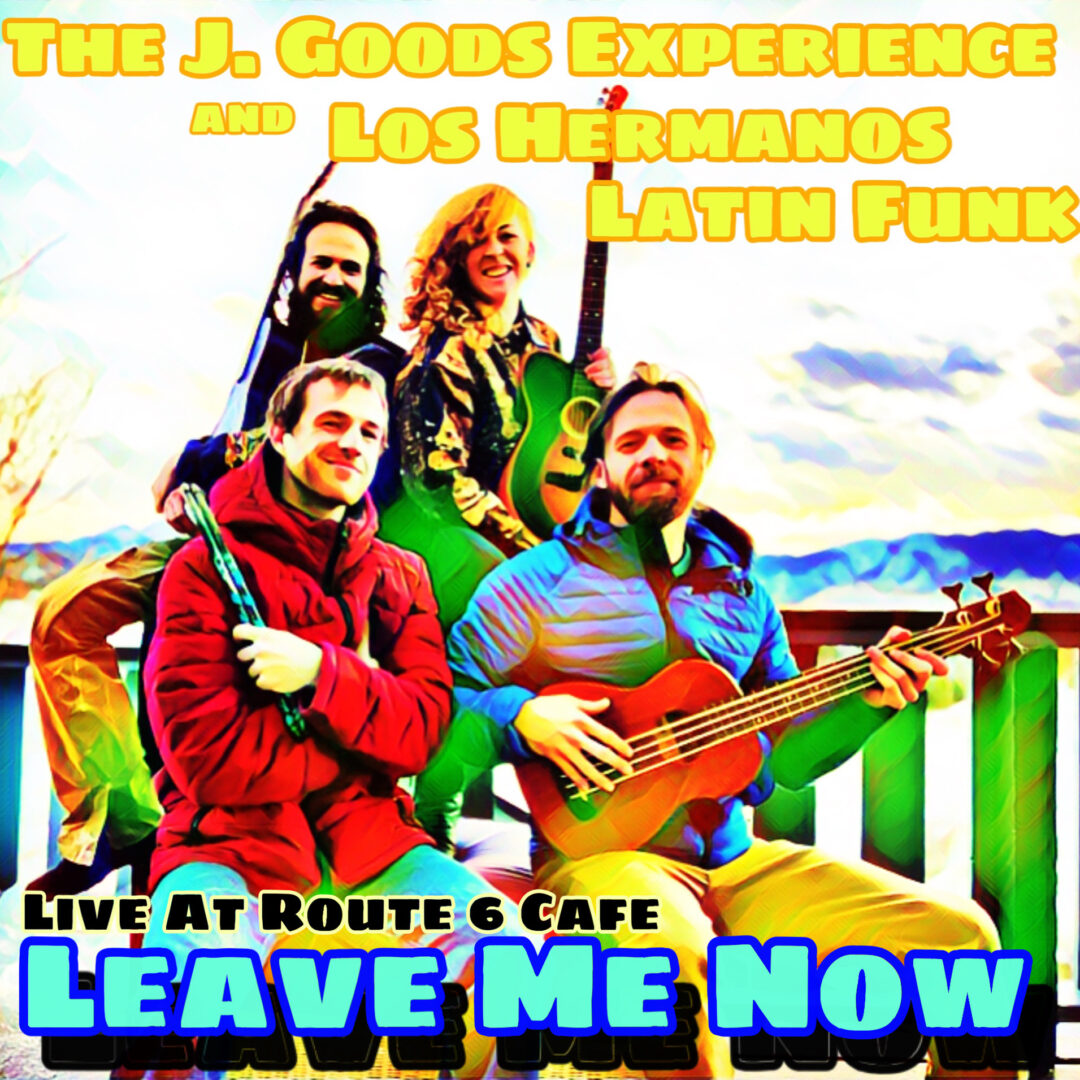
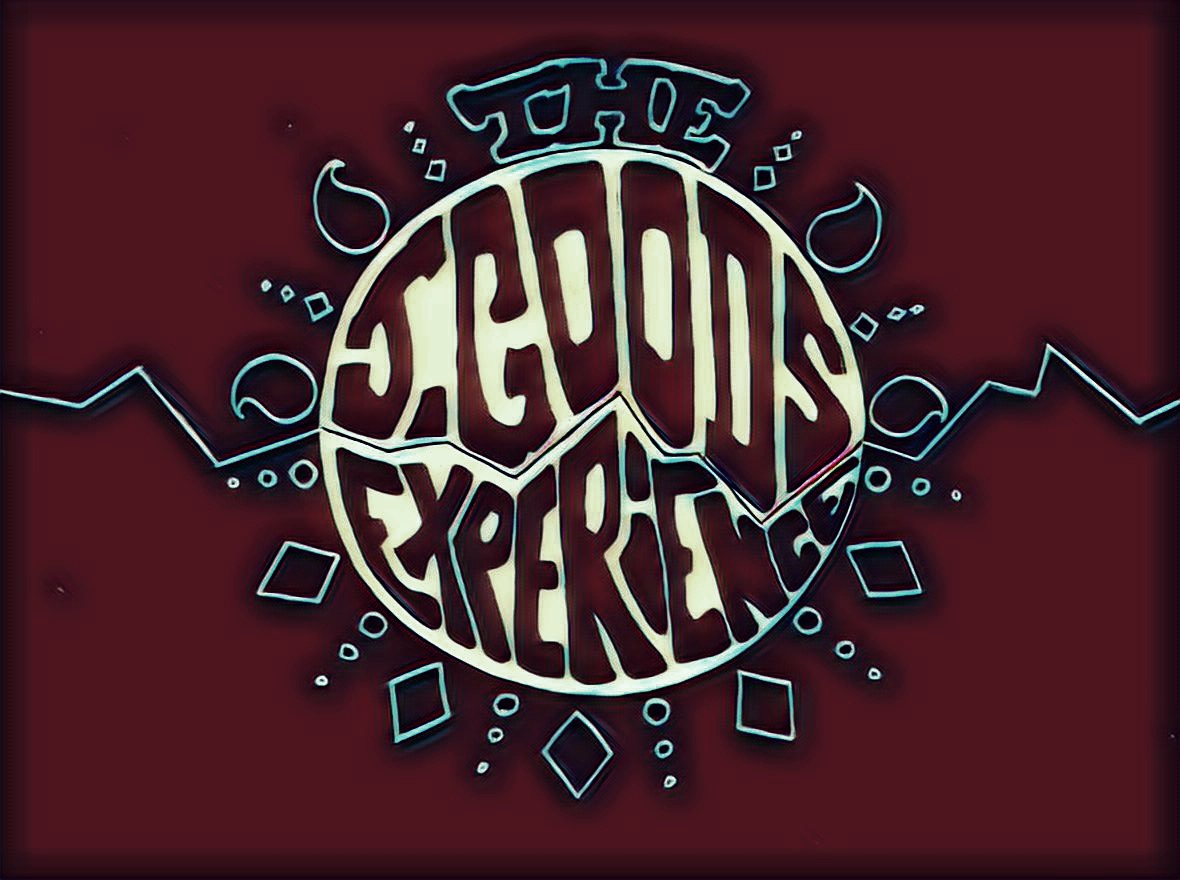
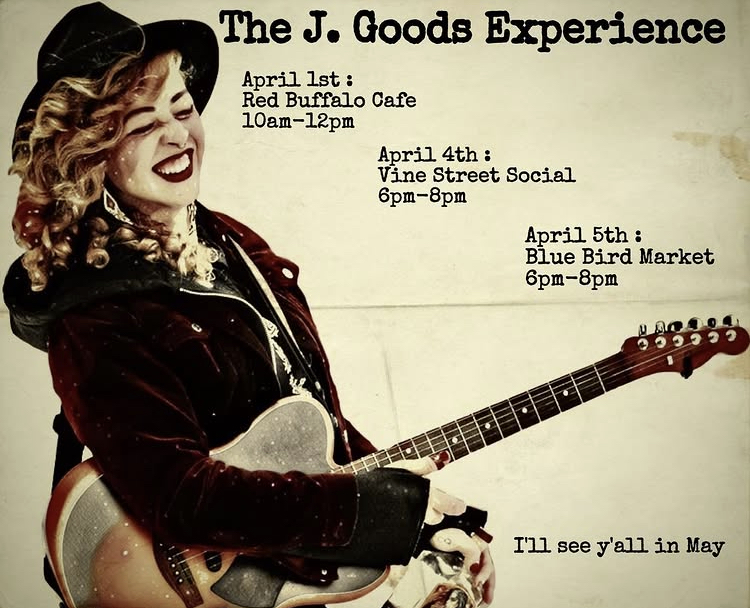
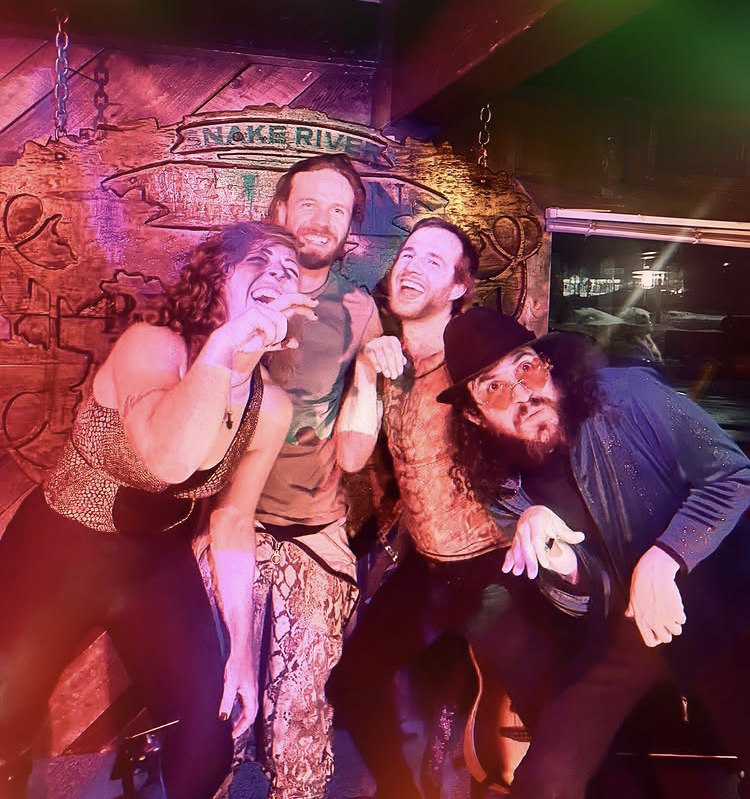
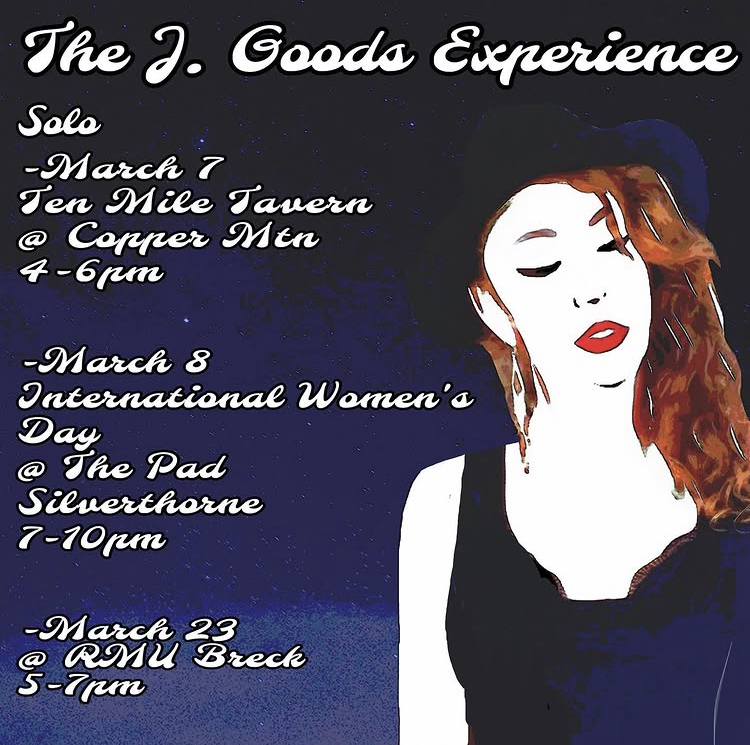
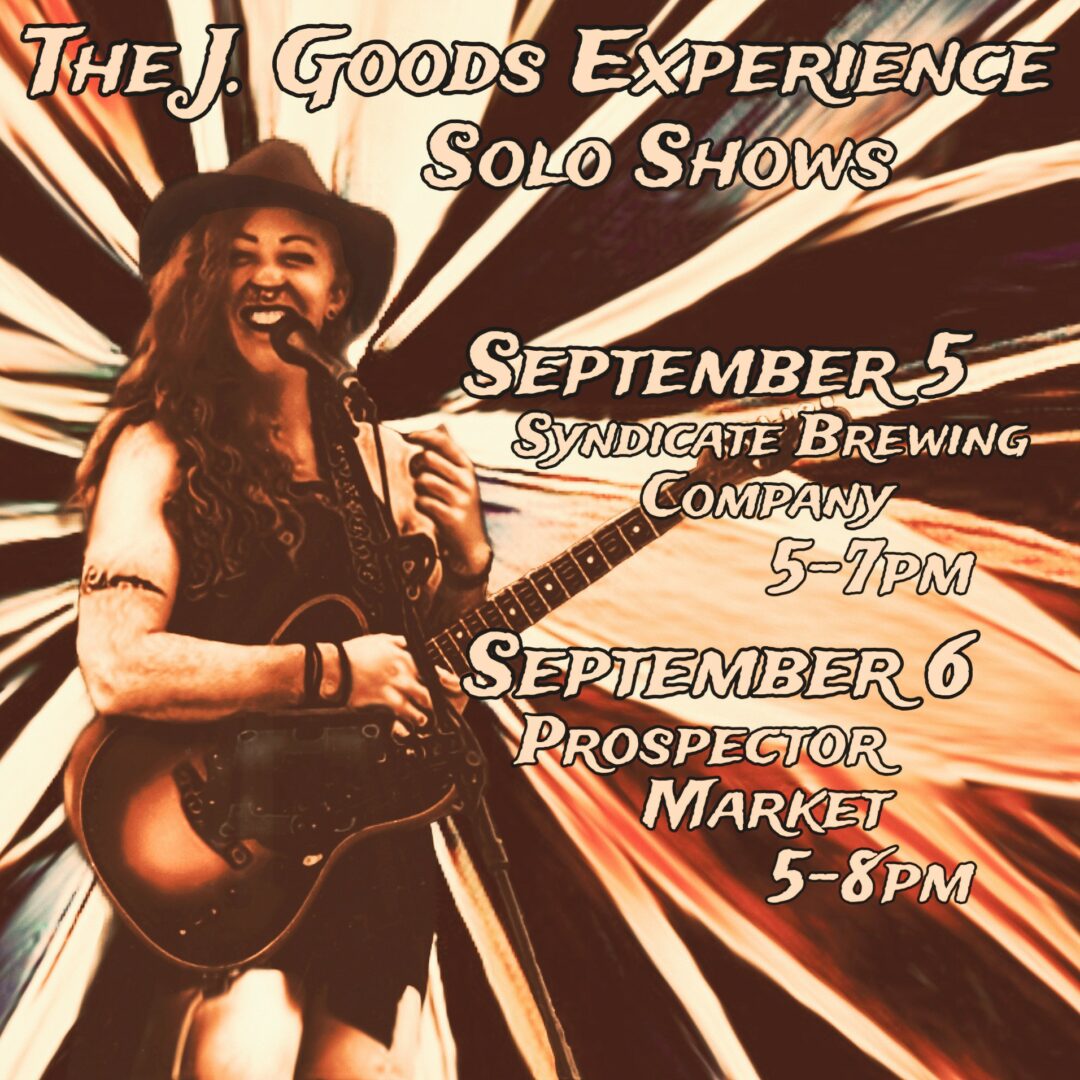
Image Credits
Jackie Jullander JC Photography LLC
so if you or someone you know deserves recognition please let us know here.

